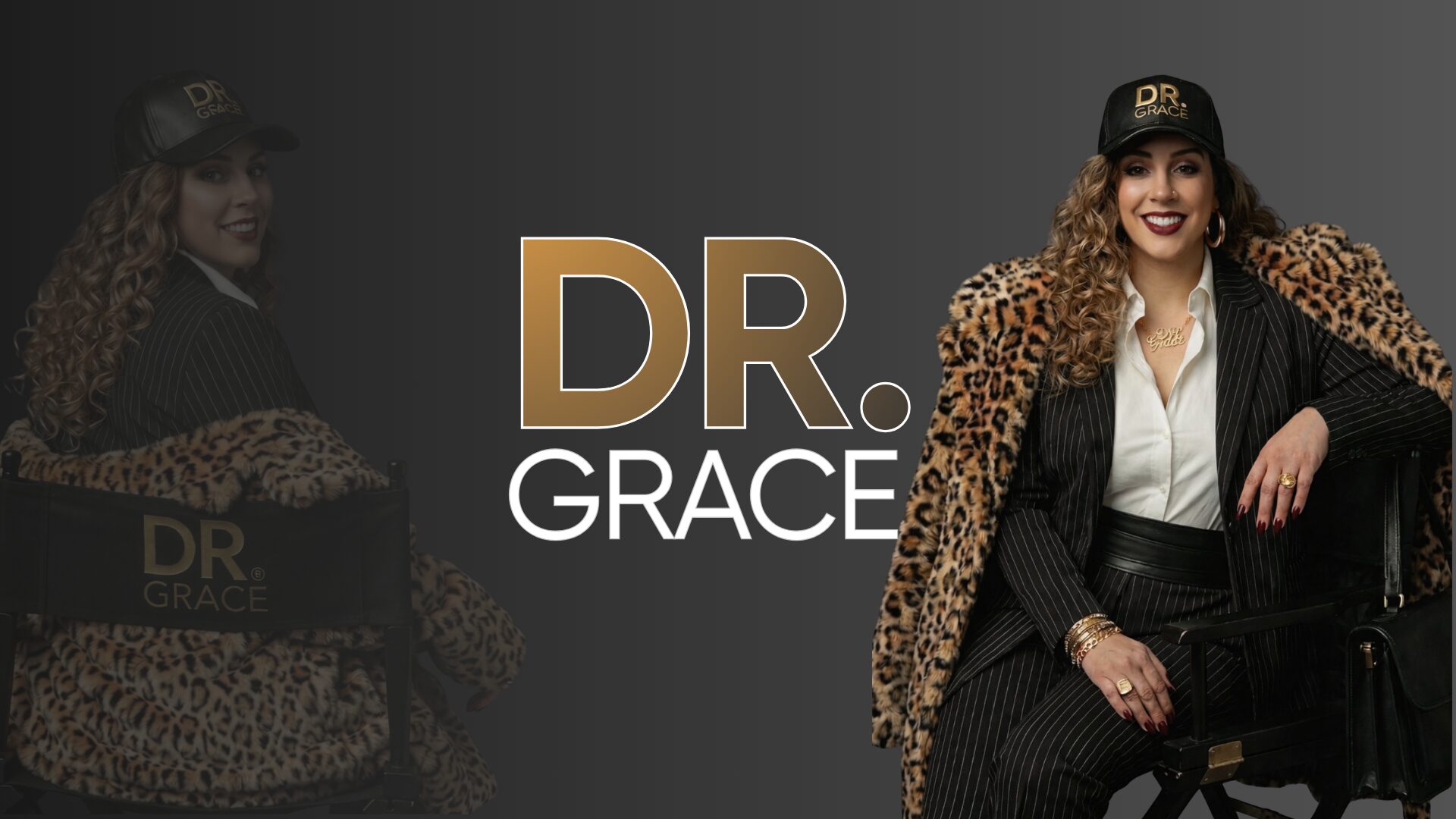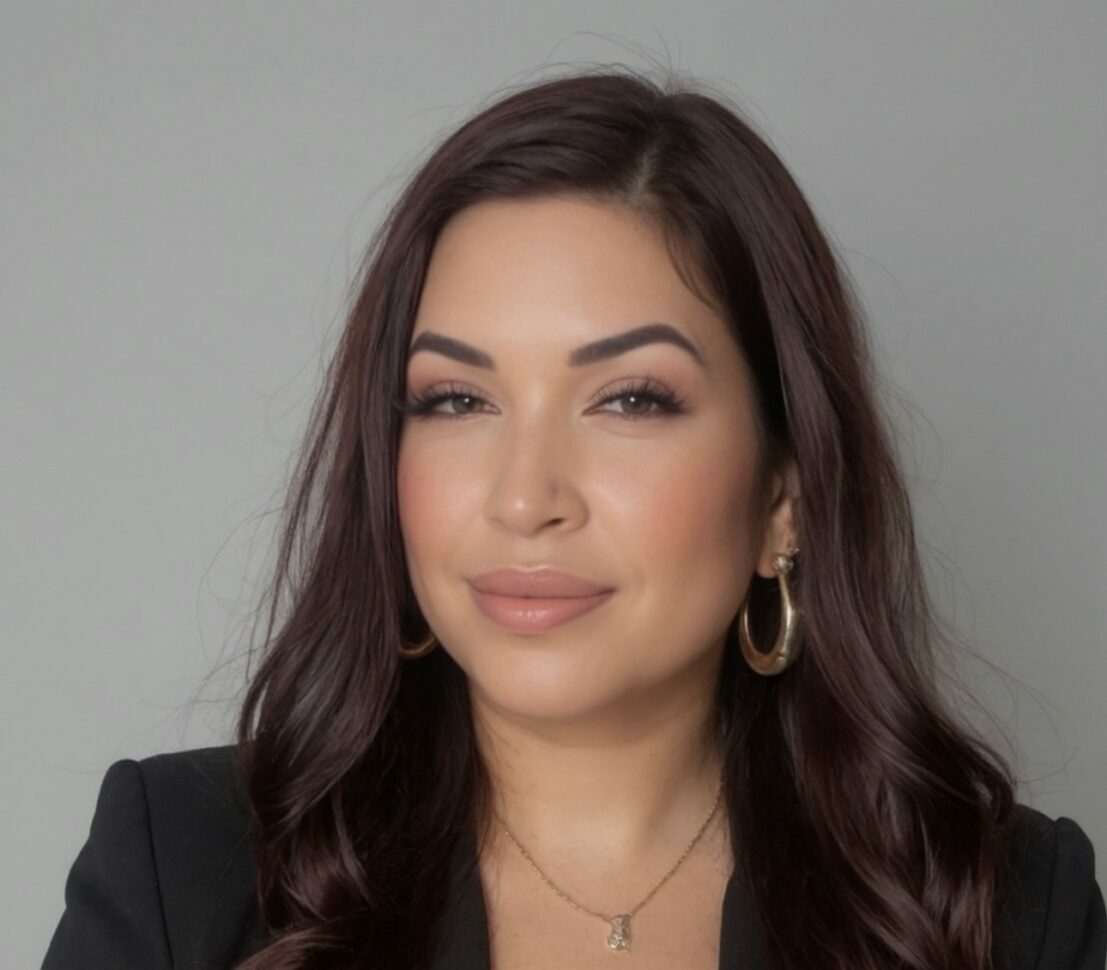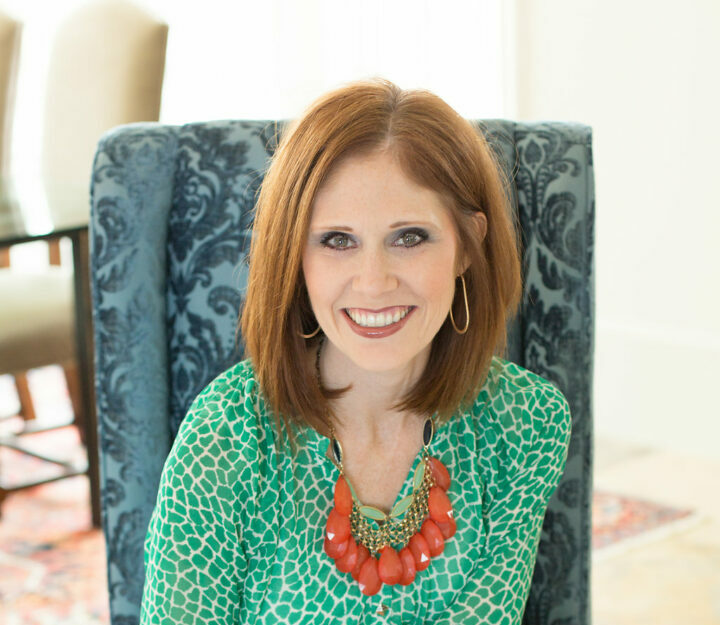We caught up with the brilliant and insightful Bonnie Monteleone a few weeks ago and have shared our conversation below.
Bonnie, first a big thank you for taking the time to share your thoughts and insights with us today. I’m sure many of our readers will benefit from your wisdom, and one of the areas where we think your insight might be most helpful is related to imposter syndrome. Imposter syndrome is holding so many people back from reaching their true and highest potential and so we’d love to hear about your journey and how you overcame imposter syndrome.
My moment of overcoming imposter syndrome came at a AGU Ocean Science Meeting in Portland, OR in 2010. I was still a graduate student at the University of North Carolina Wilmington (UNCW). At that point in my open-ocean plastic marine debris research I had traveled 30 days across the North Pacific gyre (known as the garbage patch) collecting surface samples with Algalita Marine Research Foundation and a week sampling in the North Atlantic gyre with Woods Hole Oceanographic Institute. I had plenty of data and documented incidences of marine life impacted by plastic debris but had only been studying the issue two years. When I got to my session to present, I realized that I was put in with high profile scientists studying this issue. I was embarrassed and felt I had no business being in a session with those scientists I studied. When it was my turn to present, I apologized to the audience explaining that my degree was in the humanities and perhaps was put in the wrong session. After I presented an elderly gentleman was waiting for me at the base of the podium stairs. He said to me (and I paraphrase), “Promise me you will never apologize again for doing research from the humanities discipline. You see, that is how we got into this mess. The Humanities provides the big picture connecting the different disciplines to the human experience and cultural issues. This issue needs the humanities.” I was stunned and shook my head in agreement with a smile. I knew he was right! After all of my research and collaboration, I realized that few had a big picture of the many challenges plastic has been imposing on people and the planet. It is not from the lack of knowledge or care, it is the fact that scientists tend to specialize in one area. I found my place in this work as the big picture person presenting research ideas working with PhD scientists from marine biology, toxicology, polymer and organic chemists, and oceanographers and through our collaboration. Through these efforts I have been co-author in 5 scientific peer-reviewed publications, created a Marine Debris Field Studies course for UNCW’s Environmental Sciences, and co-founded Plastic Ocean Project, Inc – a nonprofit with a full-service research laboratory that offers free internships to students of all ages as well as analysis working with other NGOs, community members, and corporations.
Thanks, so before we move on maybe you can share a bit more about yourself?
I learned about plastic accumulating in the North Pacific subtropical gyre during a scientific writing course I was taking as a grad student. The story “Plastic Ocean” written by Susan Casey, described the work published in 1999 by Captain Charles Moore, the researcher who is credited for bringing awareness to the plastic accumulating thousands of miles away from land in the gyre. I could not stop thinking about the horrible impacts of this debris on marine life so I reached out to him in 2008 and found myself on his research vessel in 2009 sailing from Hawaii to California on his 10 year resampling of this region. After sampling 3 of the 5 gyres collecting microplastic, traveling nearly 10,000 nautical miles, I defended my thesis. During the Q and A, a student asked me what I was going to do with all of the plastic I collected. I thought about it for a second and then said, “I don’t know, maybe I’ll turn it into an art project.” Three months later, I created 25′ of canvases storyboarding my research using the plastics and it became an exhibit funded by Project Aware that traveled all across the country titled, “What Goes Around Comes Around.” Recognizing the need for more research, In October 2012, I co-founded Plastic Ocean Project, Inc. with friend and supporter Paul Lorenzo. Our mission is to attain science-based solutions to the plastic pollution crisis that inspire all to make informed choices to improve human and environmental health.
Looking back, what do you think were the three qualities, skills, or areas of knowledge that were most impactful in your journey? What advice do you have for folks who are early in their journey in terms of how they can best develop or improve on these?
I believe we all have a burning question we would like to try to answer, something that makes us answer a calling. For me, it was a question my mother asked me when I was about 12 years old. “Where does this stuff go?” she asked, “I hear it sticks around for about a thousand years.” It would take me until I was 52 to answer that burning question. Reading the article by Susan Casey must have triggered my subconscious to reach out to Captain Charlie Moore and that one action has led to me making a living and making a difference inspiring young people how they can do the same by answering their calling.
I was 49 when I contacted Charlie, and was so nervous. Stepping outside our comfort zone is quintessential for growth. I had to learn the basics to polymer chemistry, oceanography, marine ecosystems, how to conduct ocean research and report the analysis. Through this incredibly intense work, I have reinvented myself.
Not being afraid of rejection. My son once said to me, “The obstacle is the way.” Looking back, there were times when things didn’t line up the way I had planned. There were some disappointing moments like not getting the funding I desperately needed, but somehow there has always been enough to reach our goals along with something important to learn from the obstacles.
Okay, so before we go we always love to ask if you are looking for folks to partner or collaborate with?
My thesis question was, “If plastic is accumulating in the North Pacific, is it accumulating in the North Atlantic?” The answer to that question has led to my creating a full-length feature documentary called, “If the Ocean Could Talk- A Voice for the North Atlantic.” It is a compelling story that highlights the plastic pollution problem in the North Atlantic that might be more troubling than in the North Pacific. It includes investigative journalism into what happened to a newborn North Atlantic right whale that we found during our filming in the North Atlantic. The story has many twists and turns with problems and meaningful solutions but only if we listen. We are looking for financial support as well as yachts of opportunity to capture b-roll. This documentary highlights our work over the past 15 years and has interviews with high profile characters.
Contact Info:
- Website: www.plasticoceanproject.org
- Instagram: https://www.instagram.com/plasticoceanproject.inc/
- Facebook: https://www.facebook.com/plasticoceanproject.inc
- Linkedin: https://www.linkedin.com/company/plasticoceanproject







Image Credits
Plastic Ocean Project, Inc.




